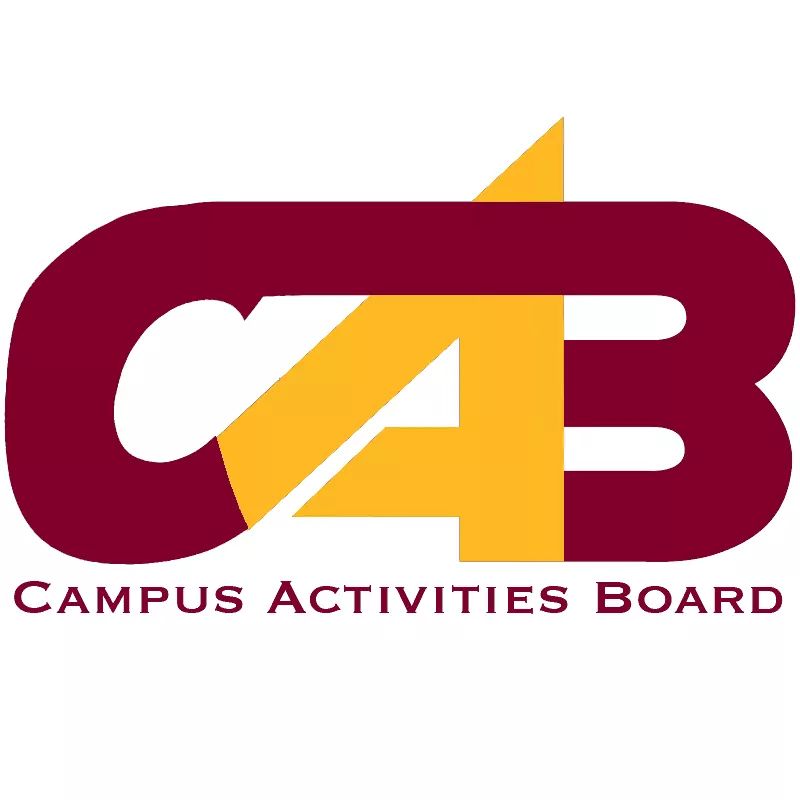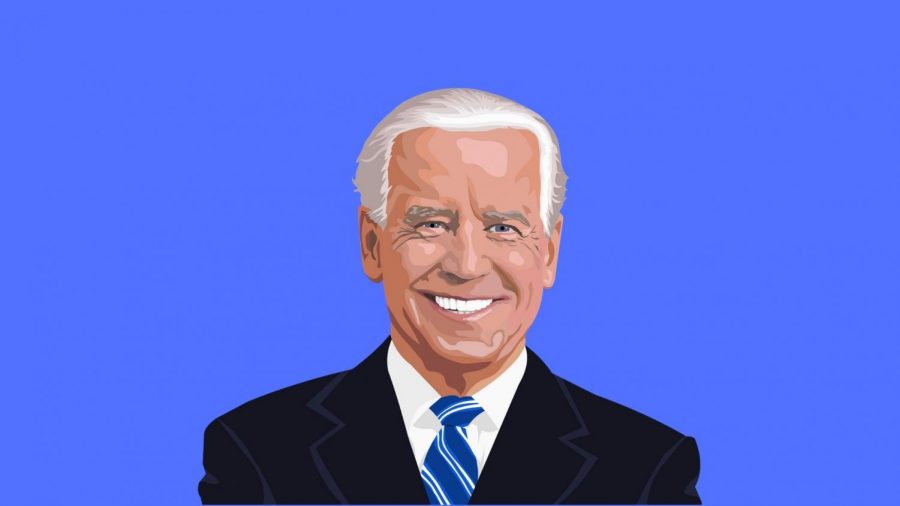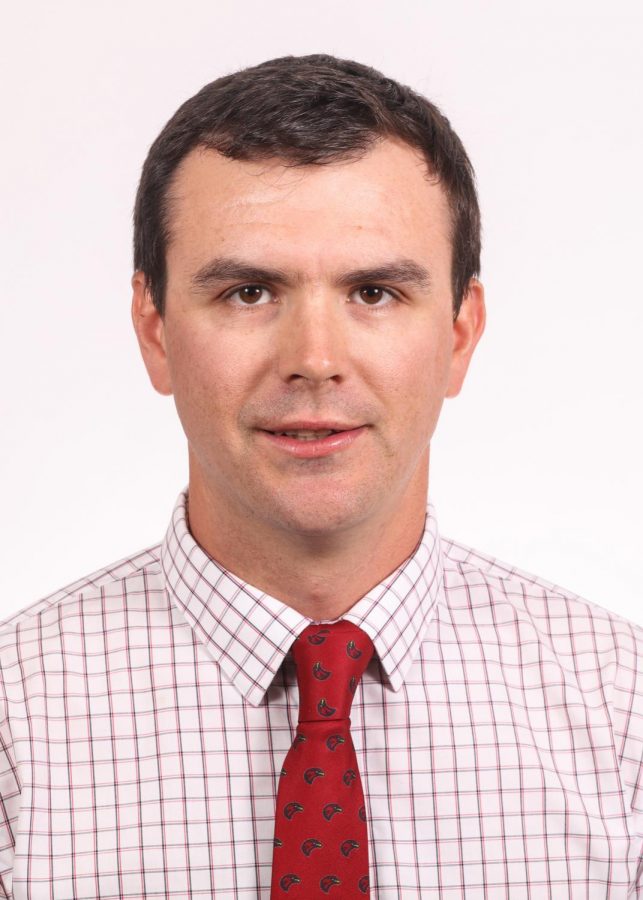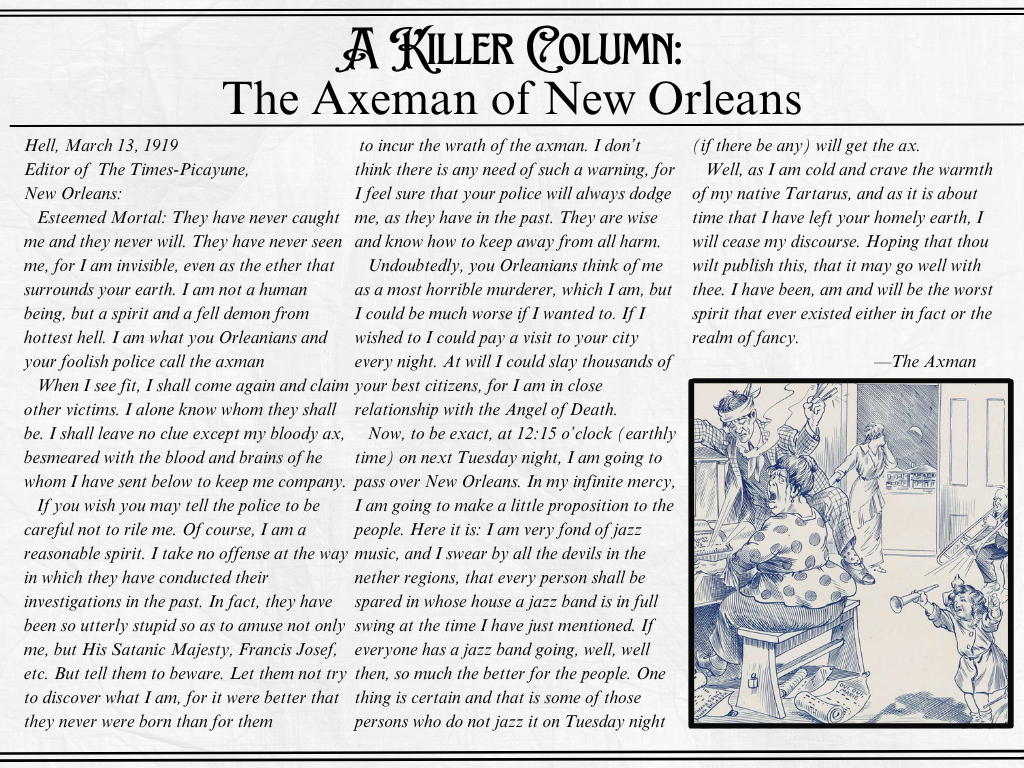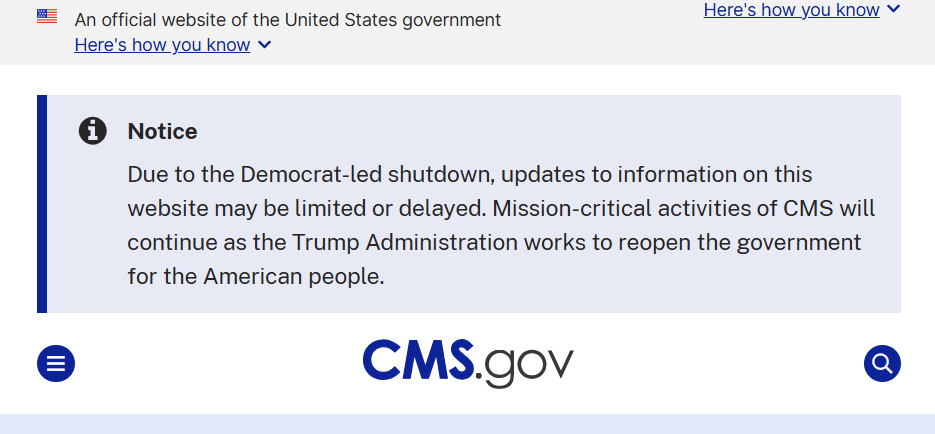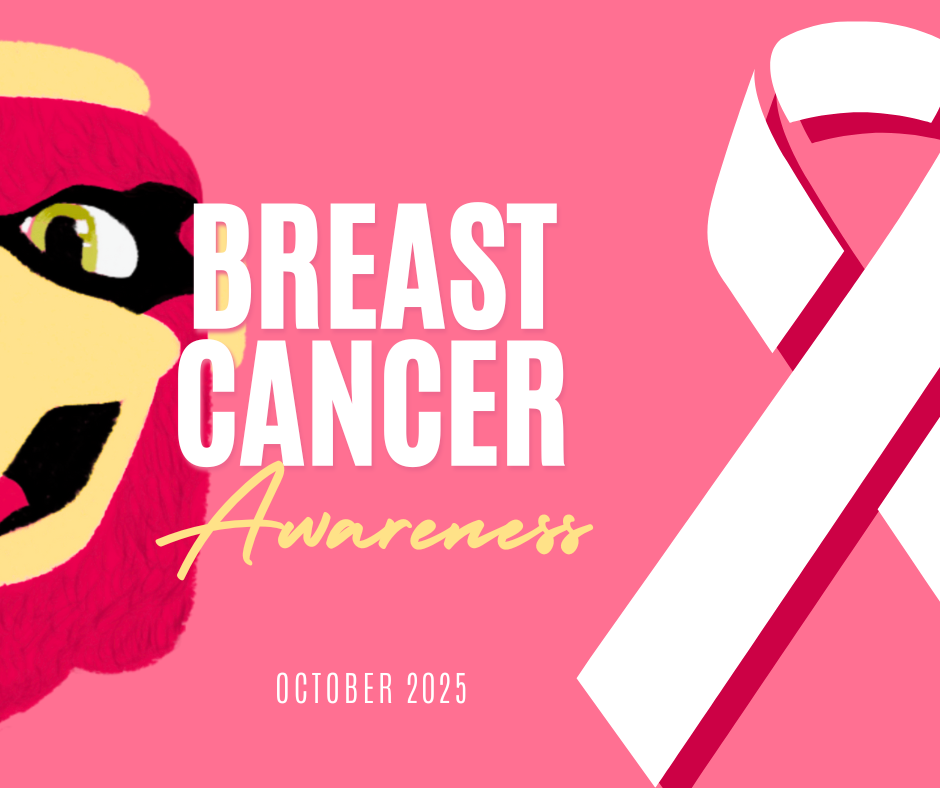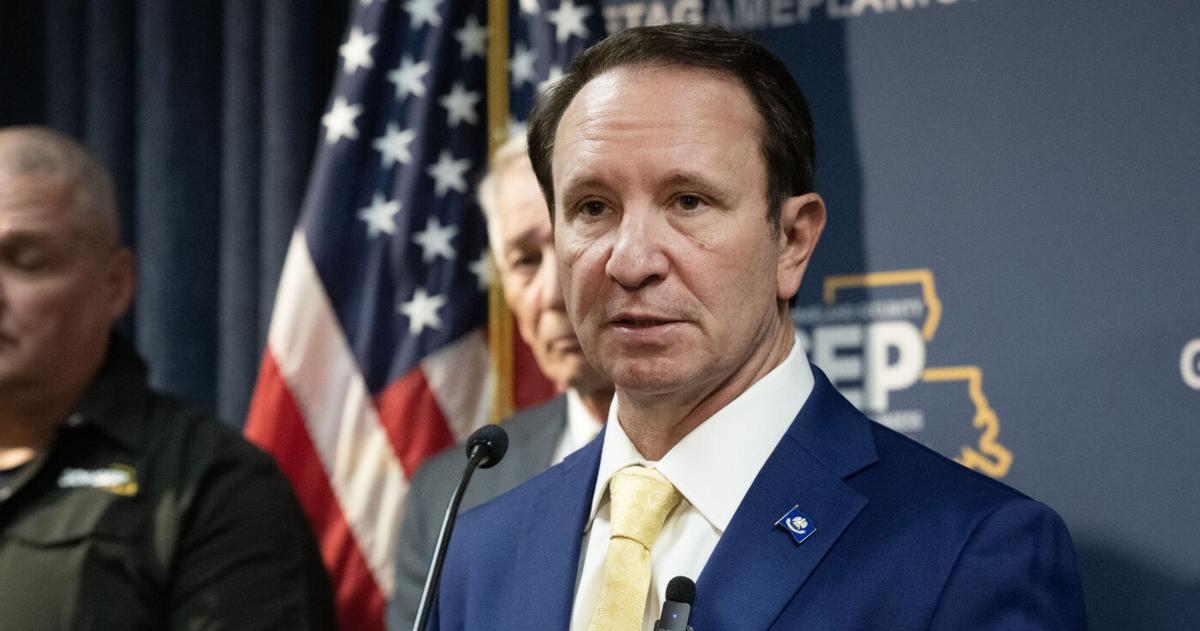Coverage of streaker causes free speech debate on campuses
East Carolina University fired its student media advisor, a former Hawkeye adviser, earlier this month after students published uncensored photos of a streaker.
Paul Isom, who served as the Hawkeye (then the Pow Wow) adviser in the mid 90s, was released from ECU on Jan. 4 after four years with the school. Though the ECU administration said in a press release Isom’s firing was no more than routine personnel changes, Isom maintains it was because he did not censor his students for what they wanted to publish.
“My thought is, and has always been, that student newspapers have a little more leeway to push the envelope in that kind of way,” Isom said, adding he supports his students’ decisions, and even if he didn’t, he had no authority to tell them what to publish.
Isom said the administration told him to remove the photos because they made the university look bad. They also held a meeting with the editors behind Isom’s back to talk about how to make decisions from a public relations standpoint.
“That’s what they want to teach them,” Isom said. “Their concern is not about teaching journalism or teaching students how to be journalists. Their only concern is making the university look good.”
More concerning behavior from the ECU surfaced last week. Isom discovered ECU had collected a personnel file on him full of his emails, Facebook postings and correspondence with other advisers through the College Media Advisers list-serve.
Isom is weighing the option of suing the university, and Frank LoMonte, executive director of the Student Press Law Center, believes Isom has a case.
“It is neither legally supportable nor educationally sound to punish a college media adviser for the lawful editorial judgments of the students he advises,” LoMonte said in a letter to ECU. “If the removal of Mr. Isom was in any way motivated by disapproval of the discretionary content choices made by student editors, then the decision was unlawful and must be reversed.”
Isom has also received the support of the Society of Professional Journalists and other journalistic organizations. Isom has not decided what media career path he will take next, but he has not ruled out another advising position. Should he decide to continue advising, it is unlikely the ECU incident will cause a change in his journalistic philosophy.
“The job of [student journalists] is to hold people accountable,” Isom said. “I don’t consider myself a spy for the administration. If I did that, what would I be teaching my students?”




